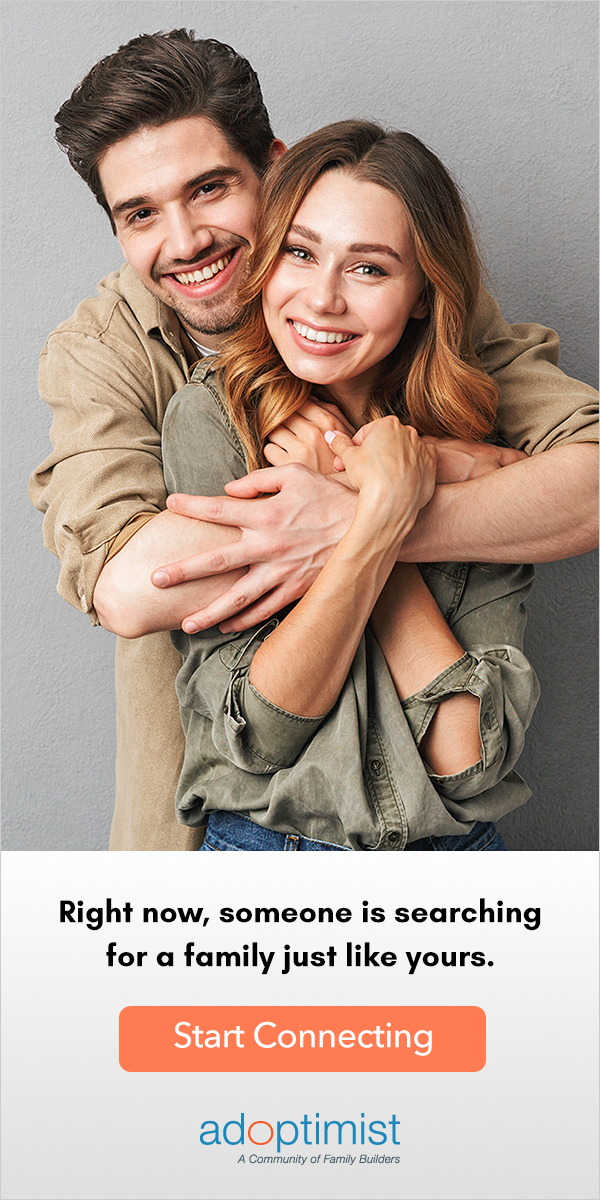Closed Adoption

Many years ago, almost every adoption in the U.S. was considered closed. An adoption was called “closed” because the records of who the biological parents were (and even the original birth certificate) were sealed so no one could access them.
The sealed records were meant to prevent the adoptee and the birthparents from knowing anything about each other. It was generally thought that closed adoptions were to "protect" the adoptee and adoptive parents, keeping the birthparents from interfering with the newly formed family. Also, many felt a closed adoption would help the child bond to his or her new family and avoid the stigma of illegitimacy.
What is a closed adoption?
A closed adoption (sometimes called “confidential”) means the adoptive parents and the adopted child have no contact with the child’s birthparents. There is no identifying information (names, addresses, etc.) shared between the adoptive parents and the biological parents. Typically, an agency or social worker chooses appropriate adoptive parents on behalf of the birthparents.
Since around the 1980s, agencies and families involved with adoption began to see the negatives of closed adoption, so adoptions began to evolve for the better.
Today, closed adoptions are rare for private domestic adoption, but are still common for international adoption. As foster adoption, the adoptive parents may or may not have continued contact with the birthparents. It depends on the specifics of the case and the placement being considered for the child.
Many adoption agencies refuse to provide closed adoptions because it keeps the child from being able to develop a relationship with their birthparents. Several studies have been conducted about closed adoption, and the results show a mostly negative impact on children due to their inability to know family history and background.
Research by the Donaldson Adoption Institute on birthparents in closed adoptions suggest a significant number of them struggle with chronic, unresolved grief. The research stated “the primary factor bringing peace of mind is knowledge about their children’s well-being.”
Of the few closed adoptions that take place in the U.S., the birthparents may or may not choose the adoptive family for their child. If they do choose the adoptive parents, it is still considered a closed adoption if they choose not to have contact with the adoptive parents before or after the placement of the child.
In some cases, the birthparents could share some non-identifying information, such as medical records and other family history. Once the child becomes legal age, they may choose to try and contact their birthparents. At this point, contact information and adoption records may be released by the adoption agency.
Additional information about closed adoption can be found at:
